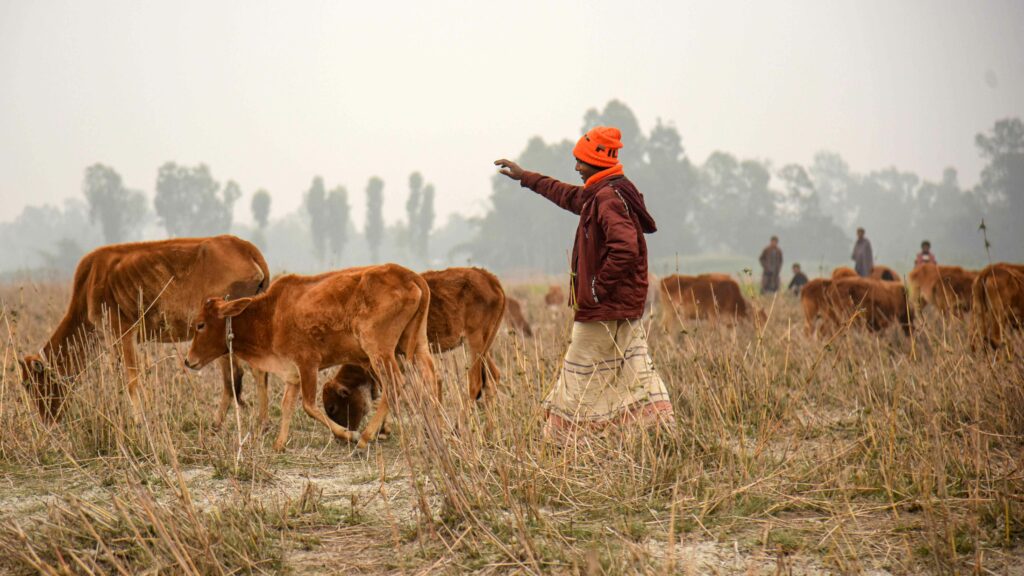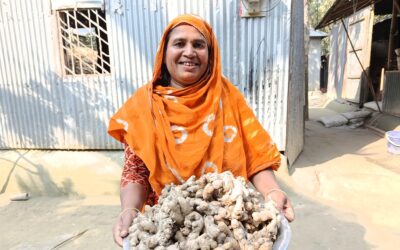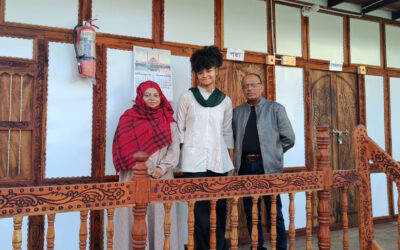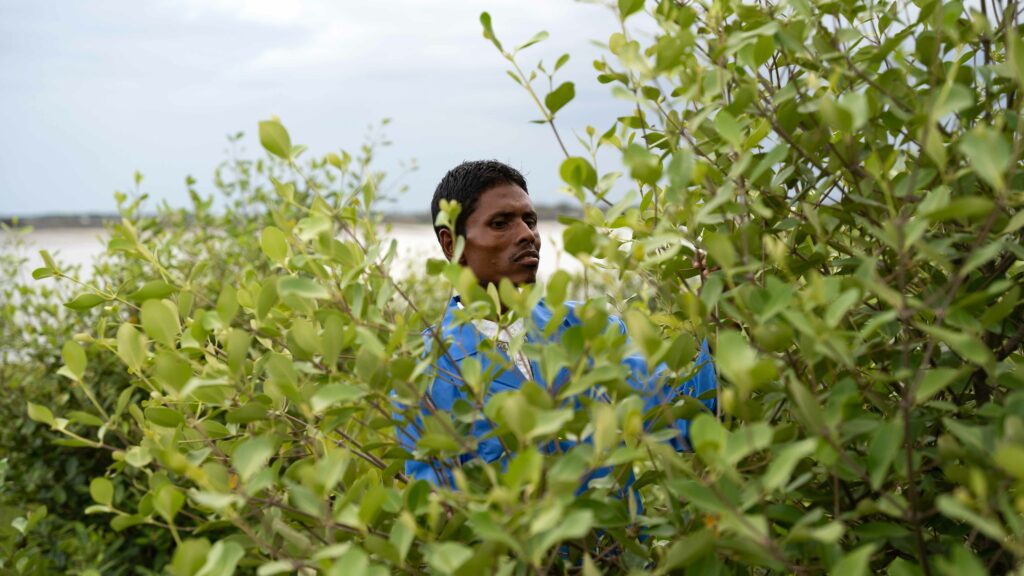
by Iffat Ara Sharmeen,
20 April, 2025
As the planet traverses through one climate crisis after another, it will not be too long before the health of humans, animals, and ecosystems face a systemic collapse. Adapting strategies from the One Health concept could be the key to recovery.
Climate change, biodiversity loss, and pollution – known as the triple planetary crisis are causing increasing harm to not just physical and mental health, but also disrupting the very delivery of healthcare services, especially in remote, disaster-prone areas where disadvantaged groups already face systemic health inequities. Rising temperatures are also exposing more populations to risks of disease outbreak and malnutrition. It therefore makes sense to call the current climate crisis a health crisis and a bane for current humanitarian efforts.
So how can we ensure the health of humans, animals and ecosystems under the current stance of climate change? What strategies can be used to uphold their resilience?
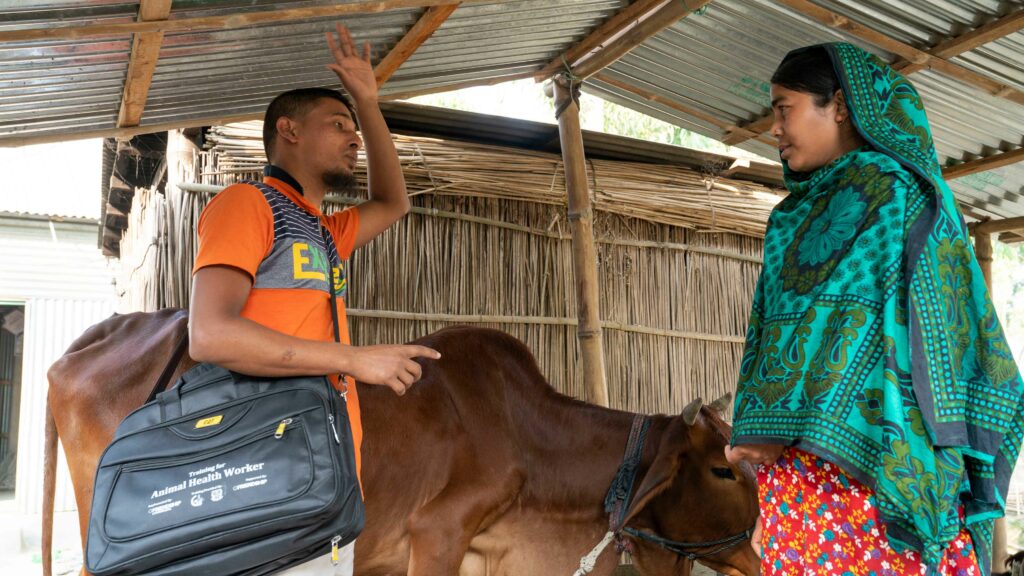
Operationalising One Health
The answer lies in the One Health approach, a concept that acknowledges the interdependent connection between human and animal health with their environment and the need to protect them through integrated, multidisciplinary interventions. In densely populated countries such as Bangladesh, this concept is even more necessary because of the higher risk of disease spillover between humans and animals in shared spaces. Indeed, a zoonotic disease infecting humans grounded the world to a halt at the start of the decade, proved that very concept. Marginalised communities often rely on livestock and the flora and fauna found in their environment for livelihood. Climate crisis is only making things worse for their health and surroundings.
Although the One Health approach helps connect the dots between humans and nature, its practical application is challenging. Friendship stands out in this case. While the rest of the world is still struggling, Friendship has achieved significant progress in operationalising One Health. Many of these activities are consistent with the Geneva Health Forum 2025 policy brief recommendations.
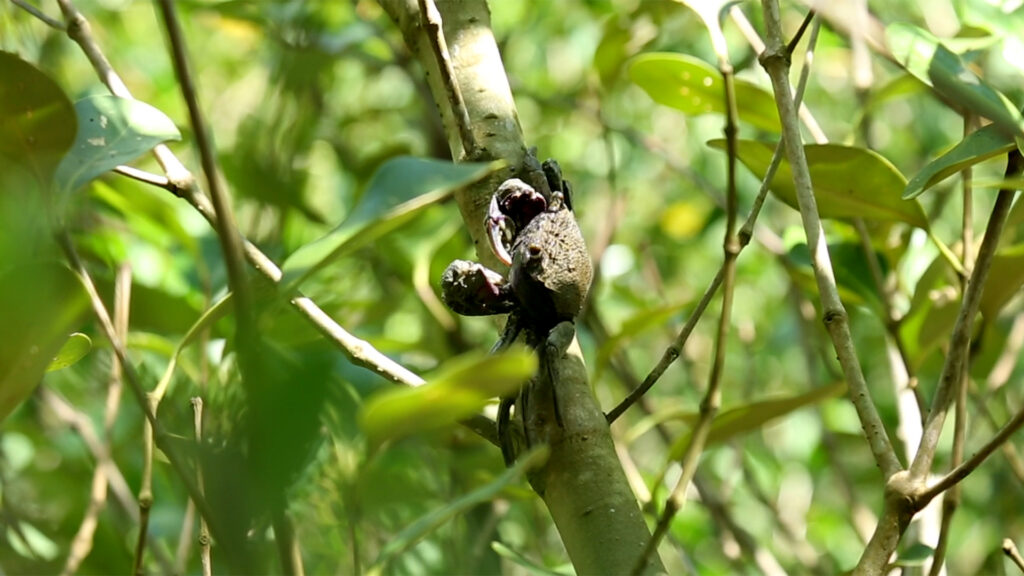
Cross Sectoral Action
Friendship has been working across Health, Education, Cultural Preservation, Sustainable Economic Development, Inclusive Citizenship, and Climate Action sectors for the past 23 years. These sectors create comprehensive solutions for the wellbeing of living beings and the environment, not one or the other. These solutions are systemic, interdisciplinary, and evidence-based, making them sustainable and pragmatic for communities and nature, truly reflecting the One Health concept.
Community Engagement
Complex issues within communities can only be solved when they themselves are involved with a sense of commitment and ownership. For example, nature-based solutions led by local communities are an excellent way to implement One Health. Case in point is Friendship’s mangrove afforestation project in the Sundarbans, a testament to how indigenous communities in Satkhira are restoring the forest but also leading healthier lives. They don’t just benefit from the mangrove project but also avail comprehensive healthcare from the nearby Friendship Hospital Shyamnagar. Additionally, they attend awareness sessions on protecting wild animals and livestock along with the environment.

Collaboration with Experts
Converging common research interests and developing effective collaborations with academia and experts through projects, community engagement, and dialogue will lead to evidence-based applications of One Health in the field. Courses such as Friendship’s Development in Practice bring together local and international humanitarian experts, who reflect upon several development approaches, including that of One Health.
Teaching Sustainability
Sustainable economic development can happen effectively by respecting the wellbeing of humans, animals, and plants altogether. Friendship Farmers Clubs in their respective operational areas lead this perspective of One Health well. They incorporate sustainable practices in farming to safeguard the environment, vaccinate and treat domestic animals and birds, and also educate the community on One Health.
Humans, animals, and plants have the right to live in a sustainable and healthy environment. The One Health approach offers a holistic, sustainable path to safeguarding human, animal, and environmental health amid climate crises. To heal both communities and nature, we must act together—now and for the future.
